Grape Variety
Zierfandler
"TSIR-fand-ler"
Wine Styles
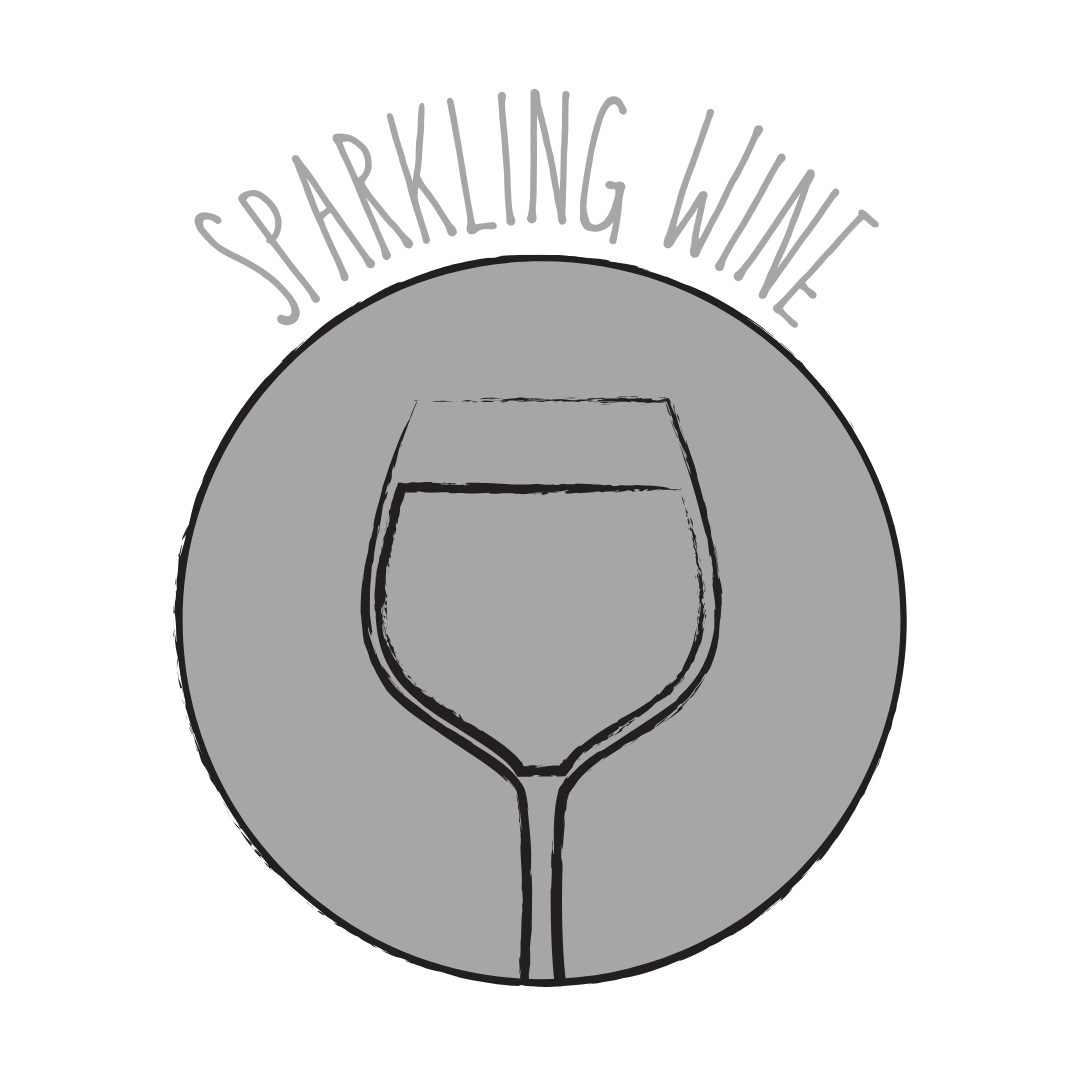 Sparkling
Sparkling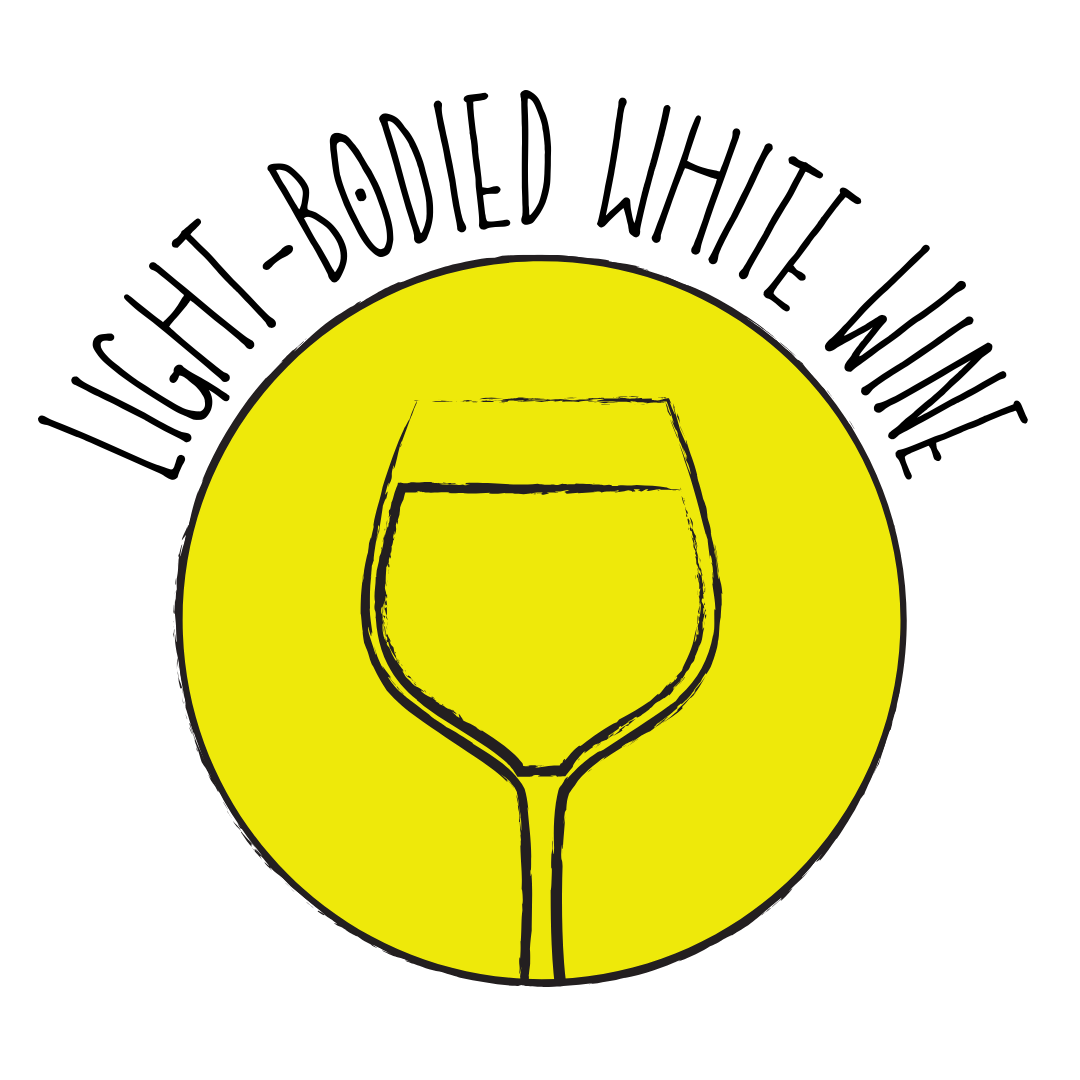 Light White
Light White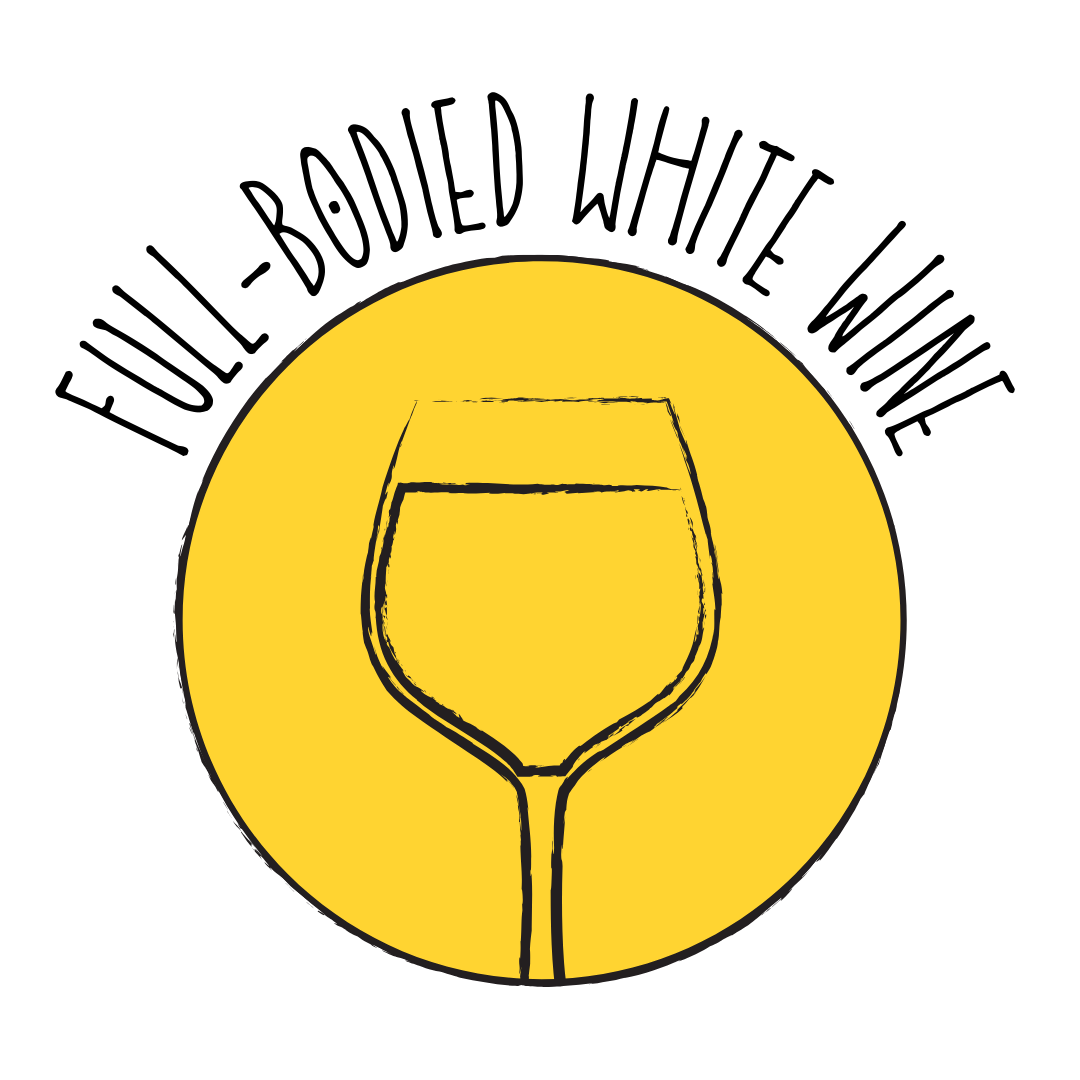 Full White
Full White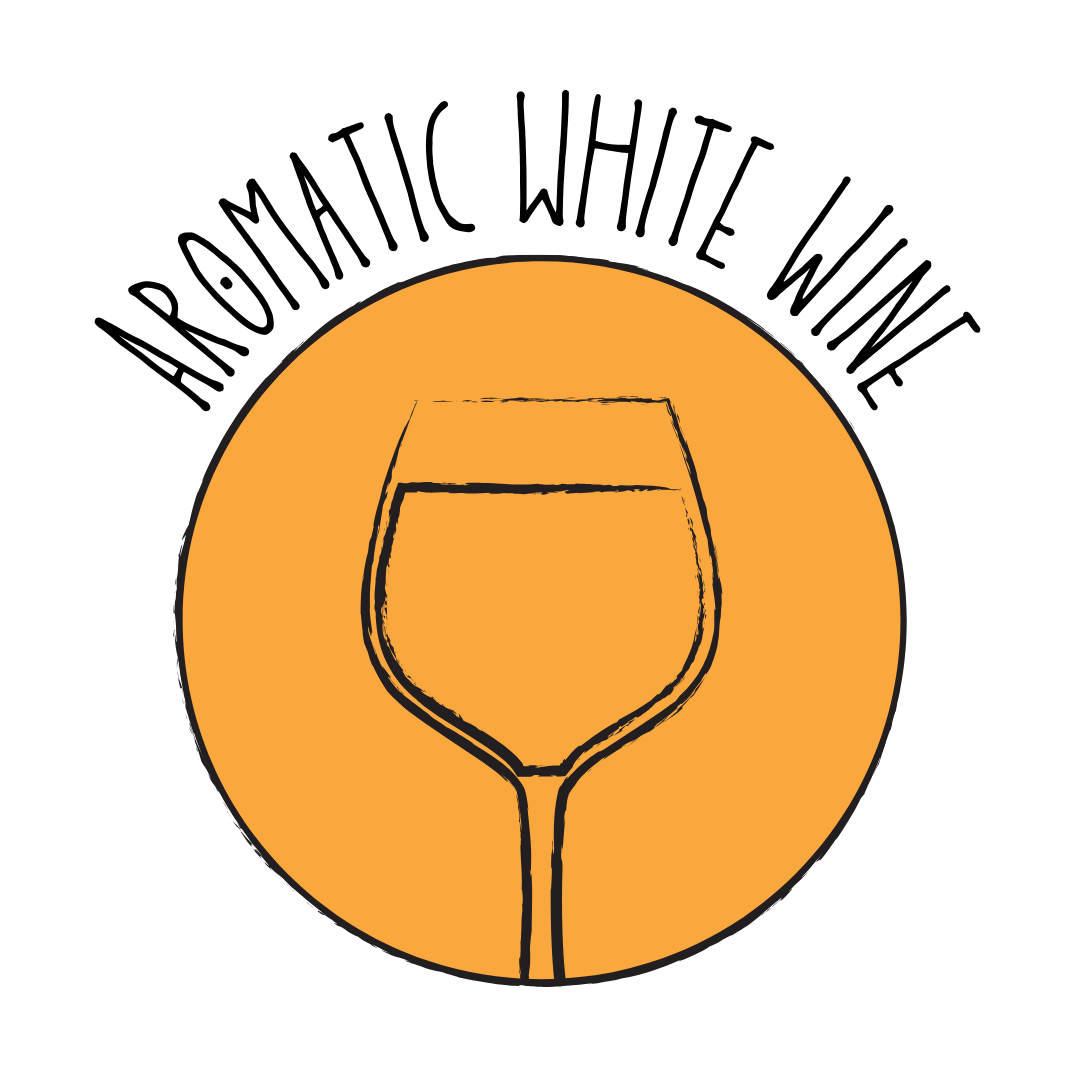 Aromatic
Aromatic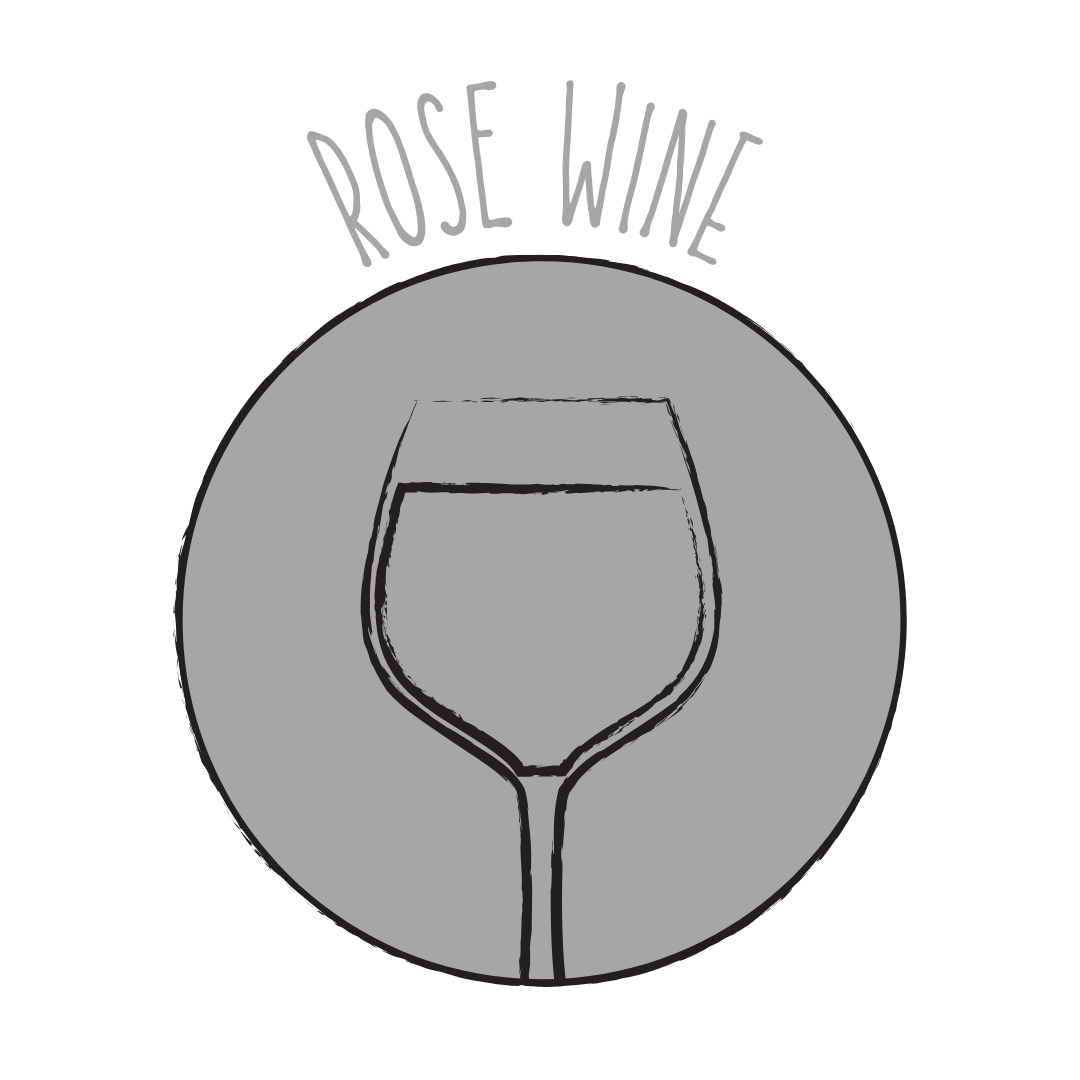 Rosé
Rosé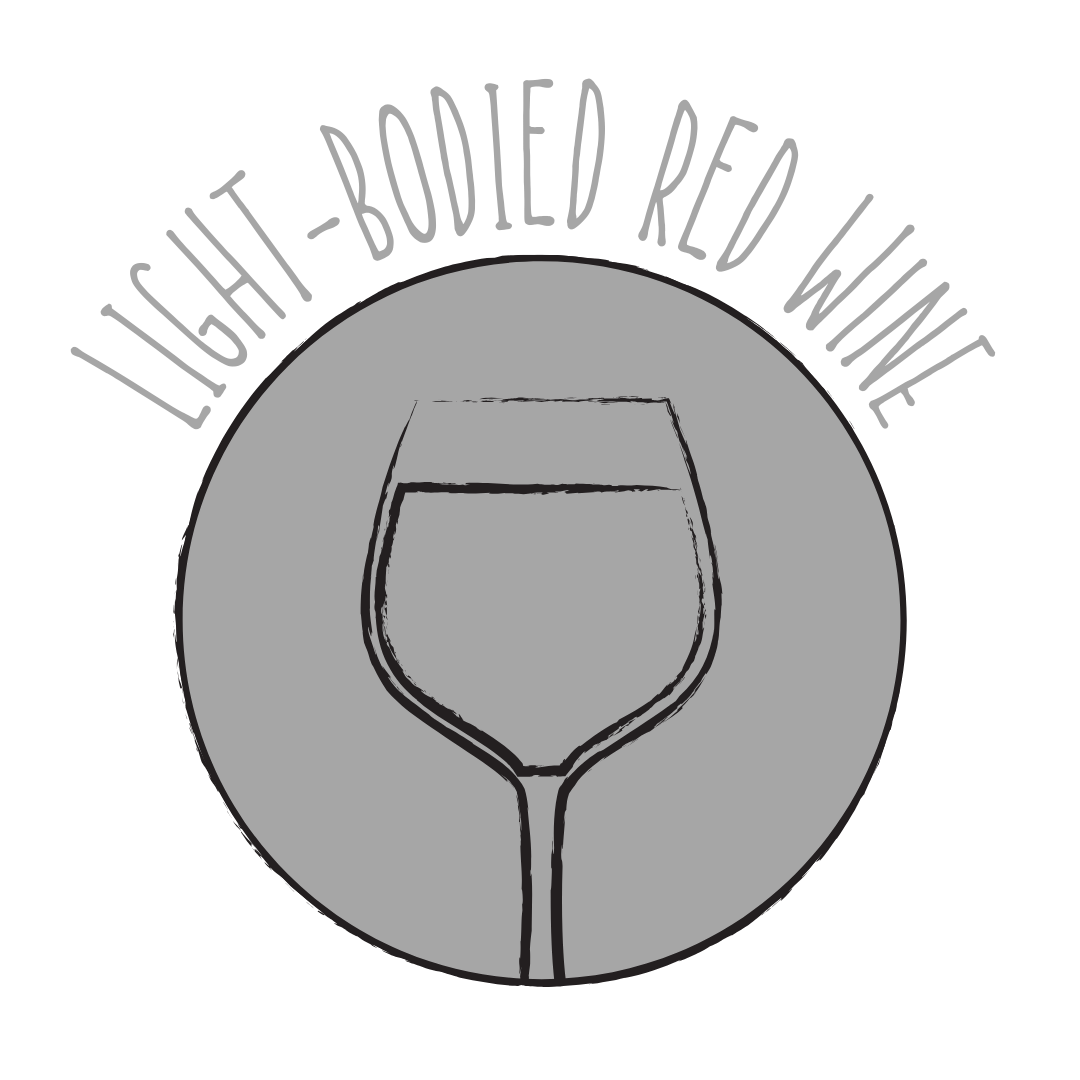 Light Red
Light Red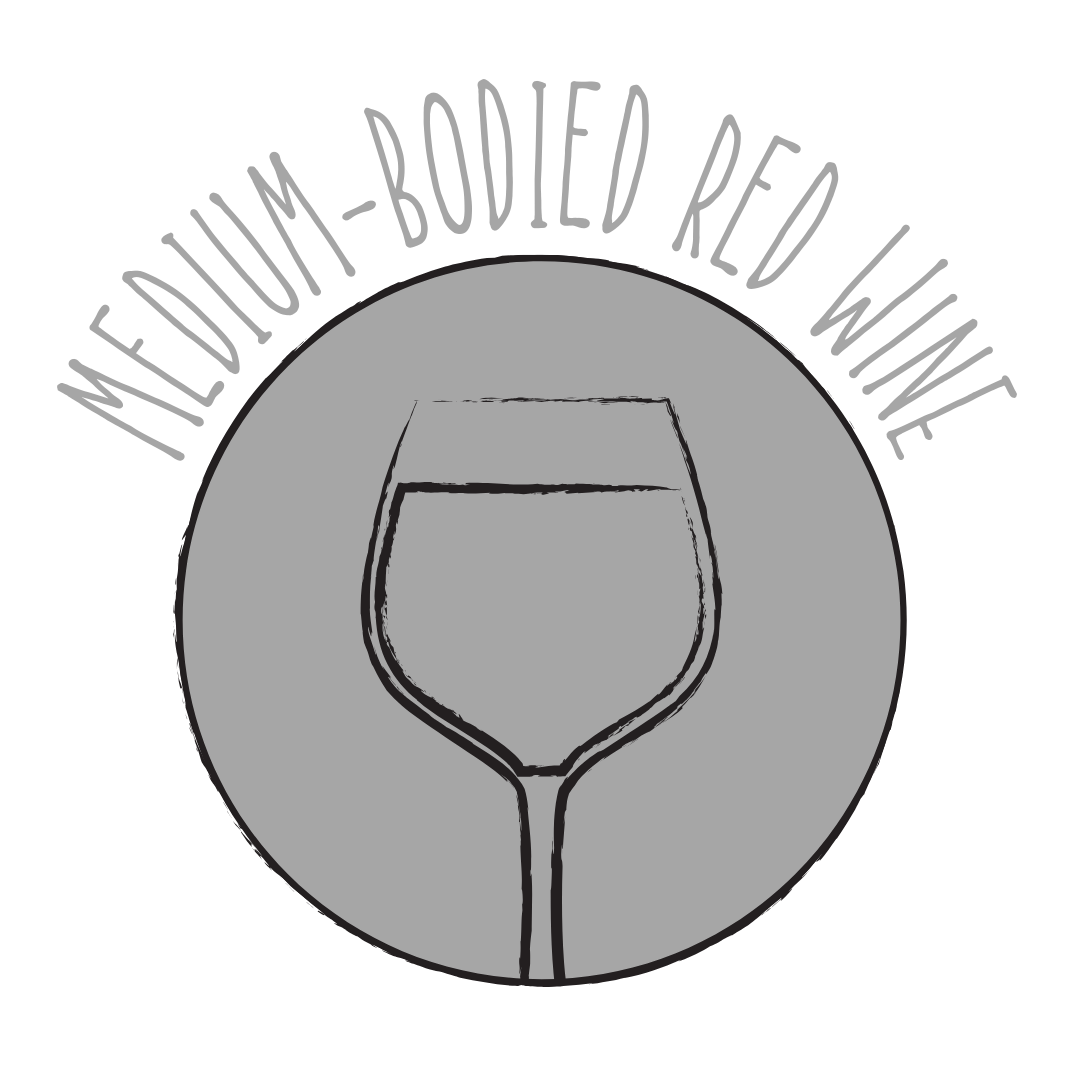 Medium Red
Medium Red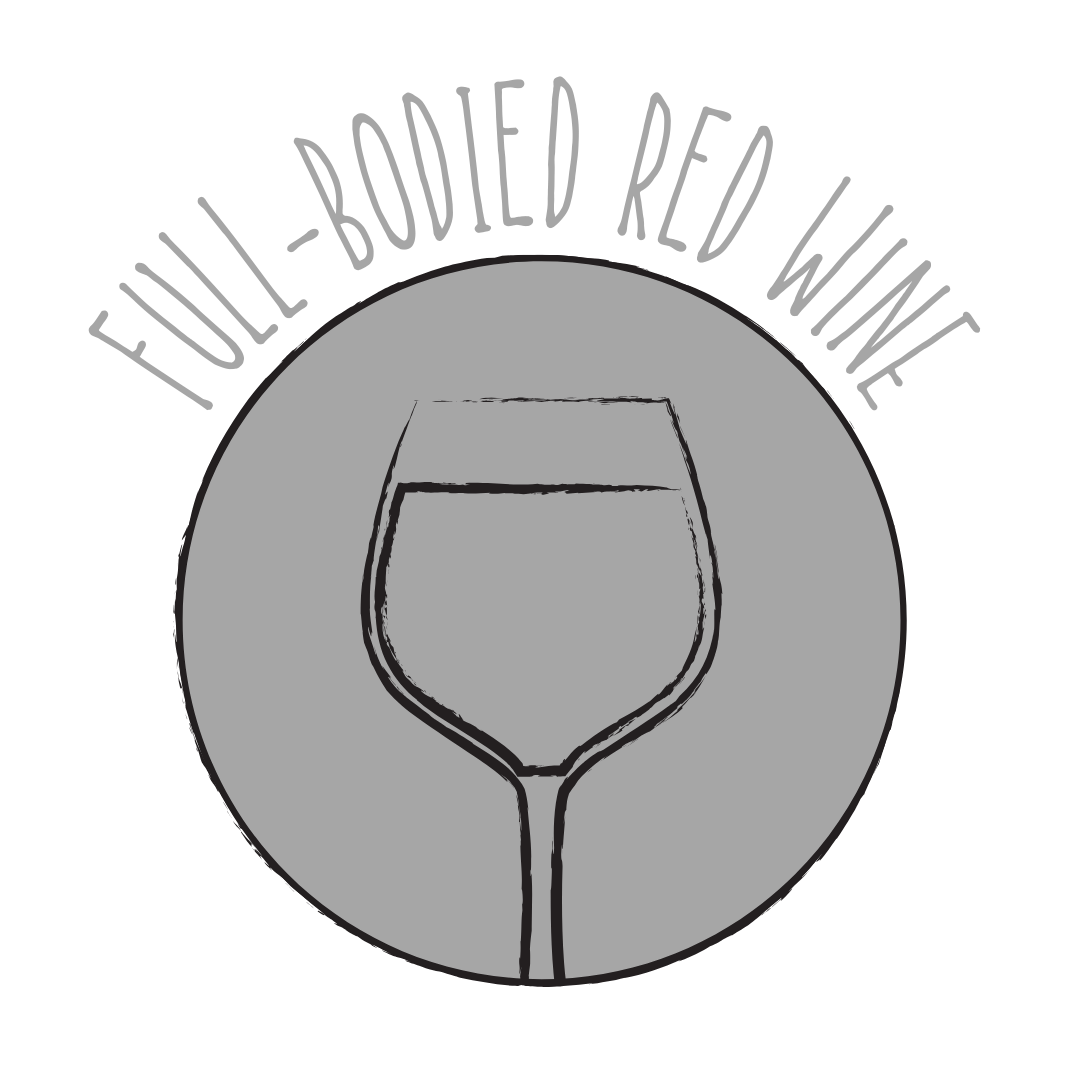 Full Red
Full Red Dessert
DessertAbout Zierfandler
Origin
Austria
History
Zierfandler is a white grape variety indigenous to Austria's Thermenregion, just south of Vienna. It is considered a natural crossing between Roter Veltliner and a variety related to Traminer, possibly Savagnin. The name 'Spätrot' ('late red') refers to the grape's tendency to develop a reddish hue as it ripens. Traditionally, Zierfandler is blended with Rotgipfler to produce the 'Spätrot-Rotgipfler' wine, but it is increasingly vinified as a varietal wine.
Appearance
Medium to large-sized, round to ovoidal berries with thick, pruinose, green-yellowish skins.
Growing Traits
Zierfandler is a late-ripening variety that thrives in warm, dry climates. It is moderately vigorous and highly productive, producing large, densely packed clusters. The grape benefits from its thick skin, which contributes to the intense color and structure of the wines.
Wine Characteristics
Body
3/5
Sweetness
1/5
Tannin
0/5
Acidity
4/5
Alcohol
3/5
Medium to full-bodied with a rich texture, offering a balanced mouthfeel. Typically vinified dry, highlighting its natural acidity and fruit flavors. As a white grape variety, Zierfandler wines have negligible tannin content, resulting in a smooth and approachable mouthfeel. Medium to high acidity, providing freshness and aging potential. Moderate alcohol content, generally ranging from 11.5% to 13.5%, contributing to the wine's body and intensity.
Taste Profile
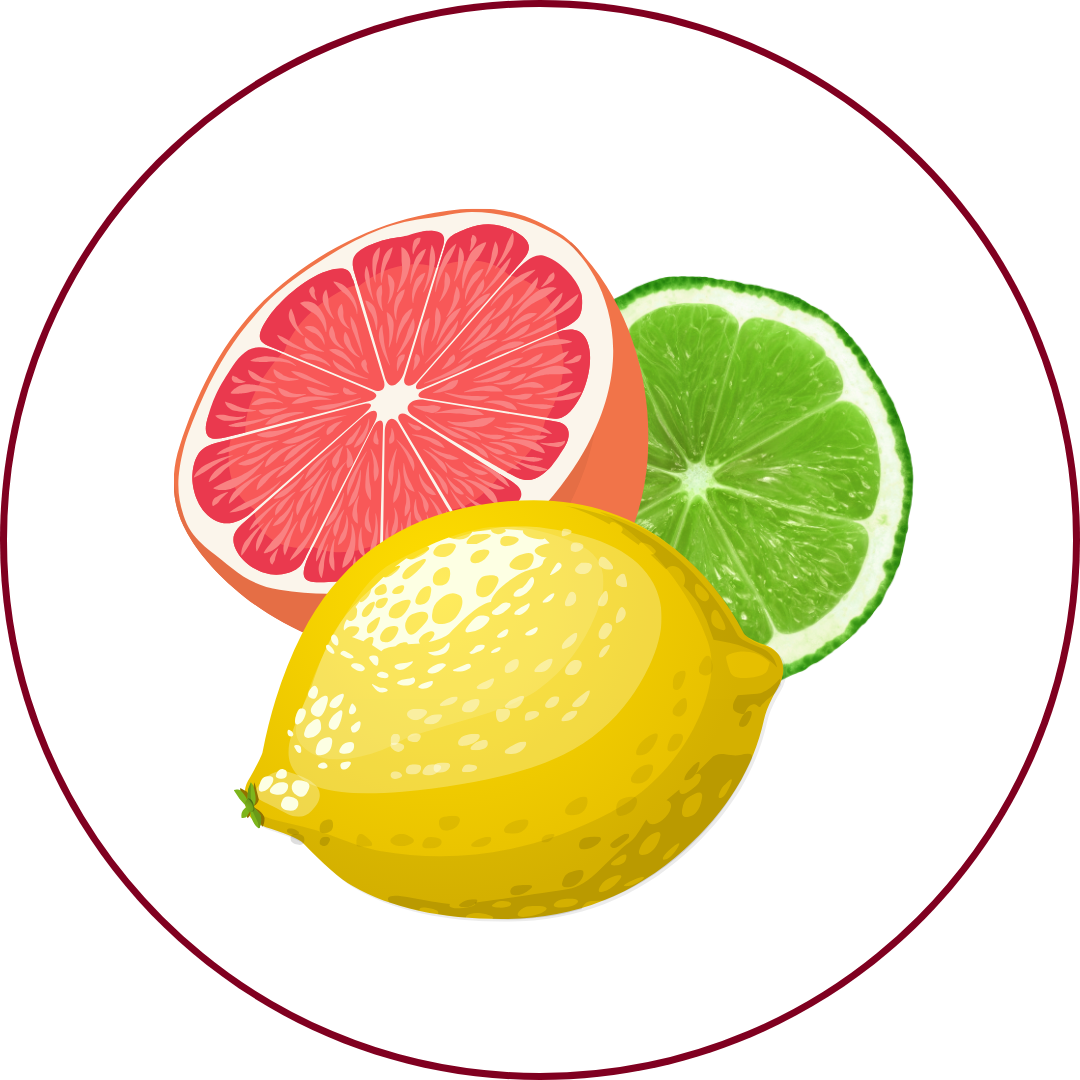
Citrus
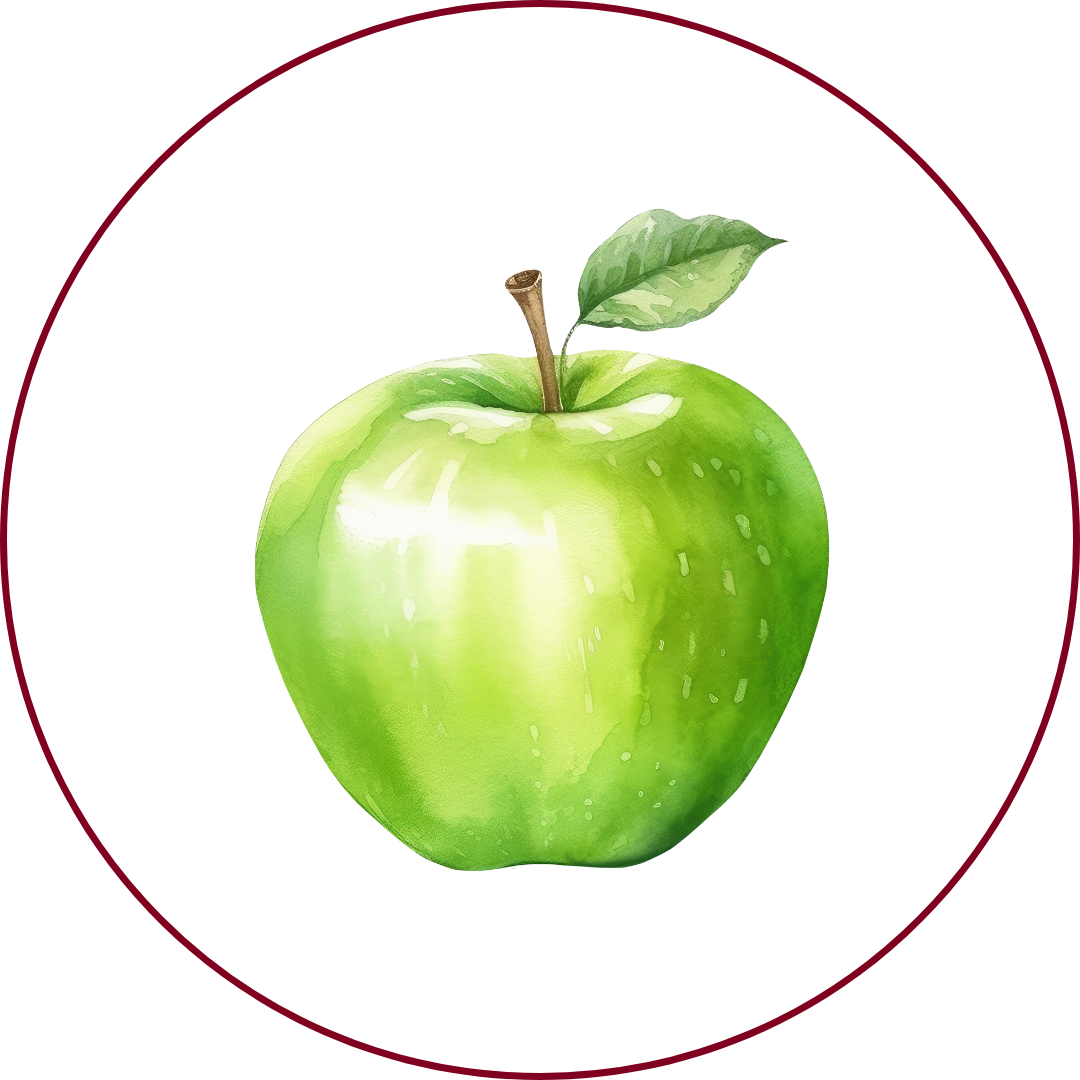
Green apple
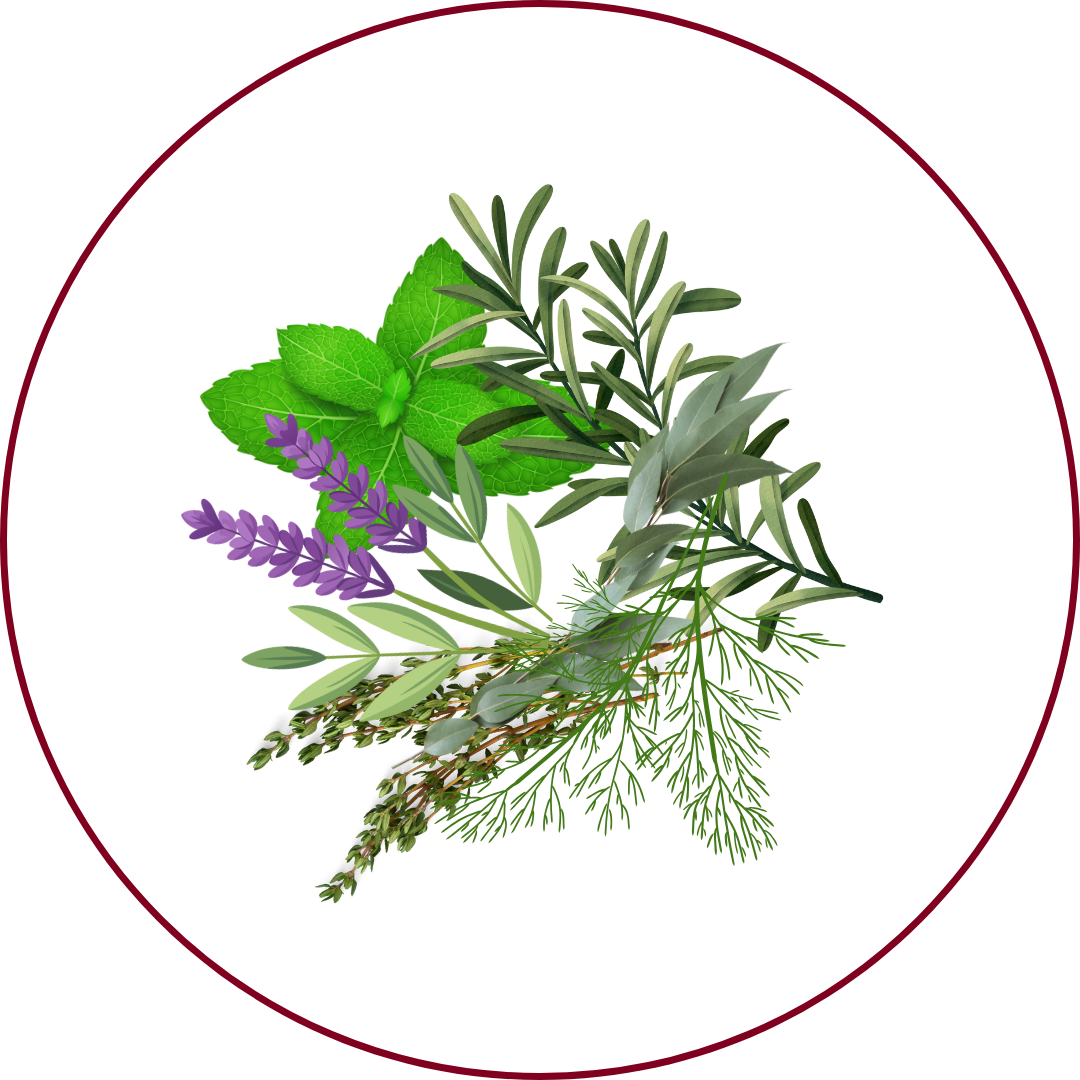
Herbal
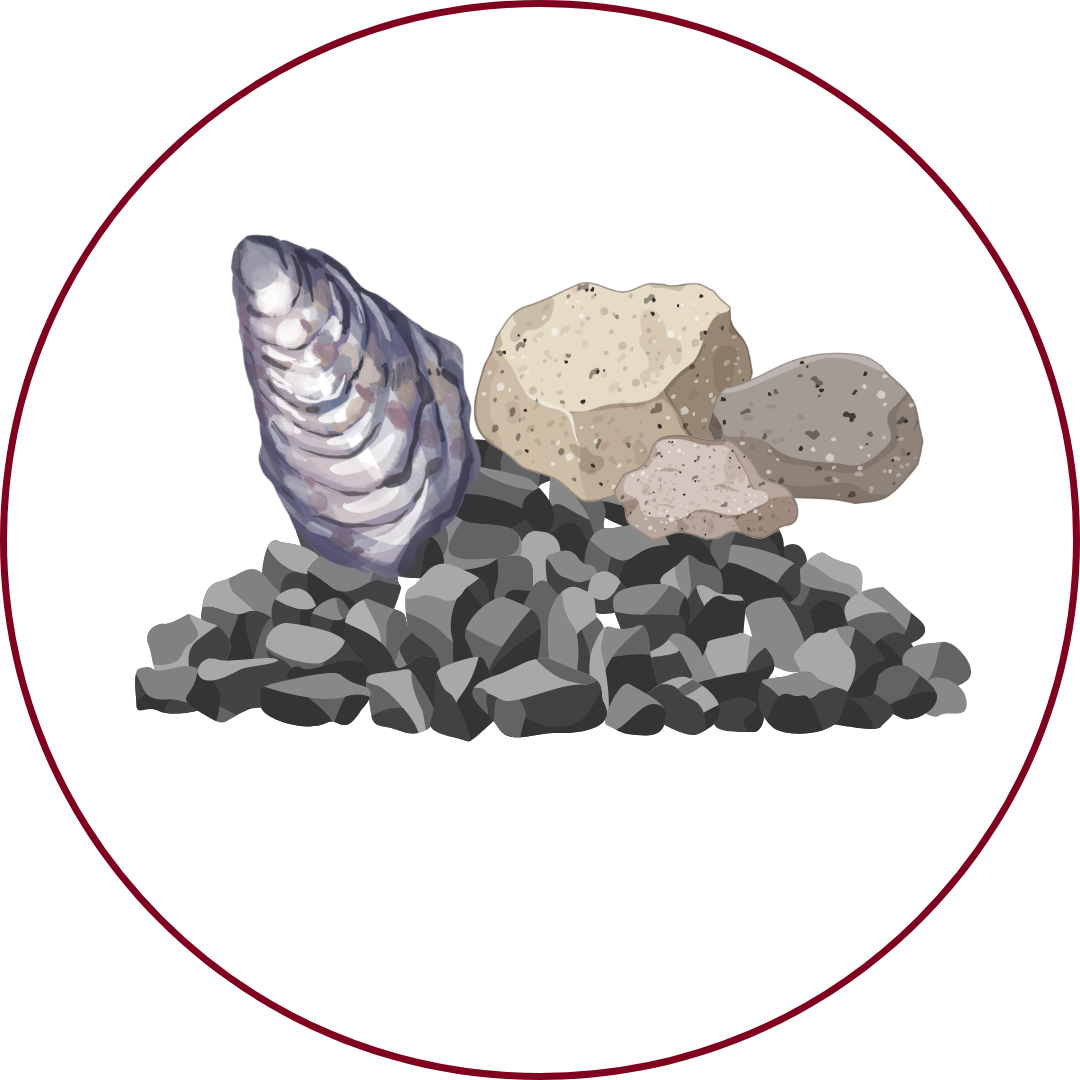
Mineral
Zierfandler wines are characterized by their fresh and zesty profile, with prominent notes of citrus fruits, such as lemon and lime, and green apple. Subtle herbal nuances and mineral undertones add complexity to the palate. The wines are typically light to medium-bodied, with medium to high acidity, leading to a clean and refreshing finish. These characteristics make Zierfandler wines particularly enjoyable in their youth.
Food Pairing
Zierfandler's crisp acidity and vibrant fruit flavors make it a versatile companion for various dishes. It pairs well with seafood, such as grilled fish, shellfish, and ceviche. The wine's freshness also complements light salads, poultry dishes, and Mediterranean cuisine. Its zesty character makes it an excellent choice for pairing with dishes featuring citrus elements or herbal notes.
Growing Regions

Austria
Thermenregion
Notable Wines & Producers
Spätrot-Rotgipfler
Weingut Stadlmann
Weingut Johanneshof Reinisch
Weingut Mayer am Pfarrplatz
Zierfandler FAQ
Common questions about this grape variety
What is the origin of Zierfandler?
+
Austria
Is Zierfandler wine full bodied?
+
Zierfandler has a body level of 3 out of 5. Which means that Zierfandler is Moderate bodied.
Is Zierfandler wine dry or sweet?
+
Zierfandler has a dryness level of 1 out of 5. Which means that Zierfandler is Dry.
Where is Zierfandler wine from?
+
Austria
Where is Zierfandler grown?
+
Zierfandler is grown in Austria (Thermenregion).
What is Zierfandler like?
+
Zierfandler wines are characterized by their fresh and zesty profile, with prominent notes of citrus fruits, such as lemon and lime, and green apple. Subtle herbal nuances and mineral undertones add complexity to the palate. The wines are typically light to medium-bodied, with medium to high acidity, leading to a clean and refreshing finish. These characteristics make Zierfandler wines particularly enjoyable in their youth.
What does Zierfandler pair with?
+
Zierfandler's crisp acidity and vibrant fruit flavors make it a versatile companion for various dishes. It pairs well with seafood, such as grilled fish, shellfish, and ceviche. The wine's freshness also complements light salads, poultry dishes, and Mediterranean cuisine. Its zesty character makes it an excellent choice for pairing with dishes featuring citrus elements or herbal notes.
What does Zierfandler taste like?
+
Zierfandler wines are characterized by their fresh and zesty profile, with prominent notes of citrus fruits, such as lemon and lime, and green apple. Subtle herbal nuances and mineral undertones add complexity to the palate. The wines are typically light to medium-bodied, with medium to high acidity, leading to a clean and refreshing finish. These characteristics make Zierfandler wines particularly enjoyable in their youth.
Take Zierfandler Knowledge with You
Access detailed grape profiles, tasting notes, and pairing suggestions on your iPhone.
Download on theApp Store